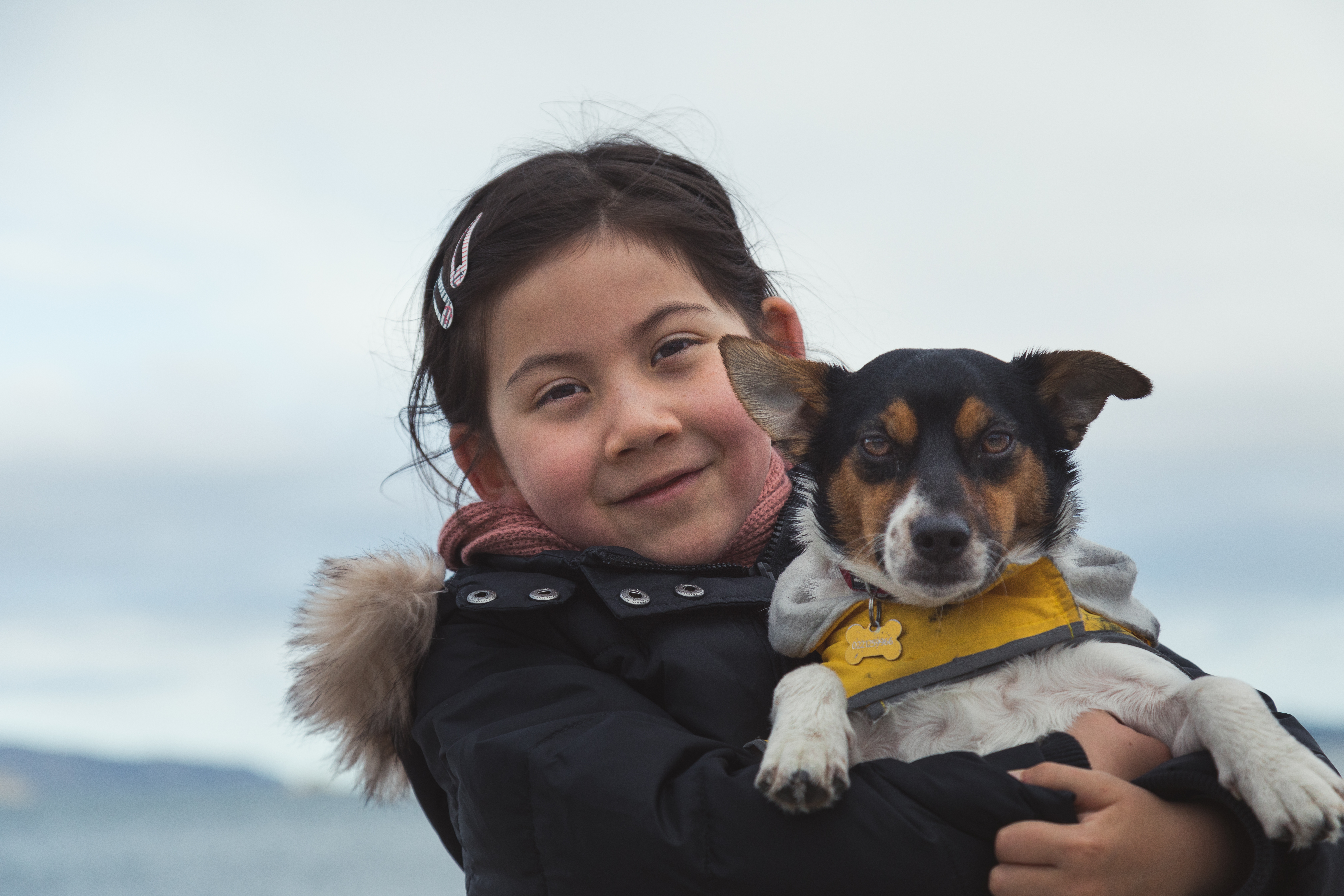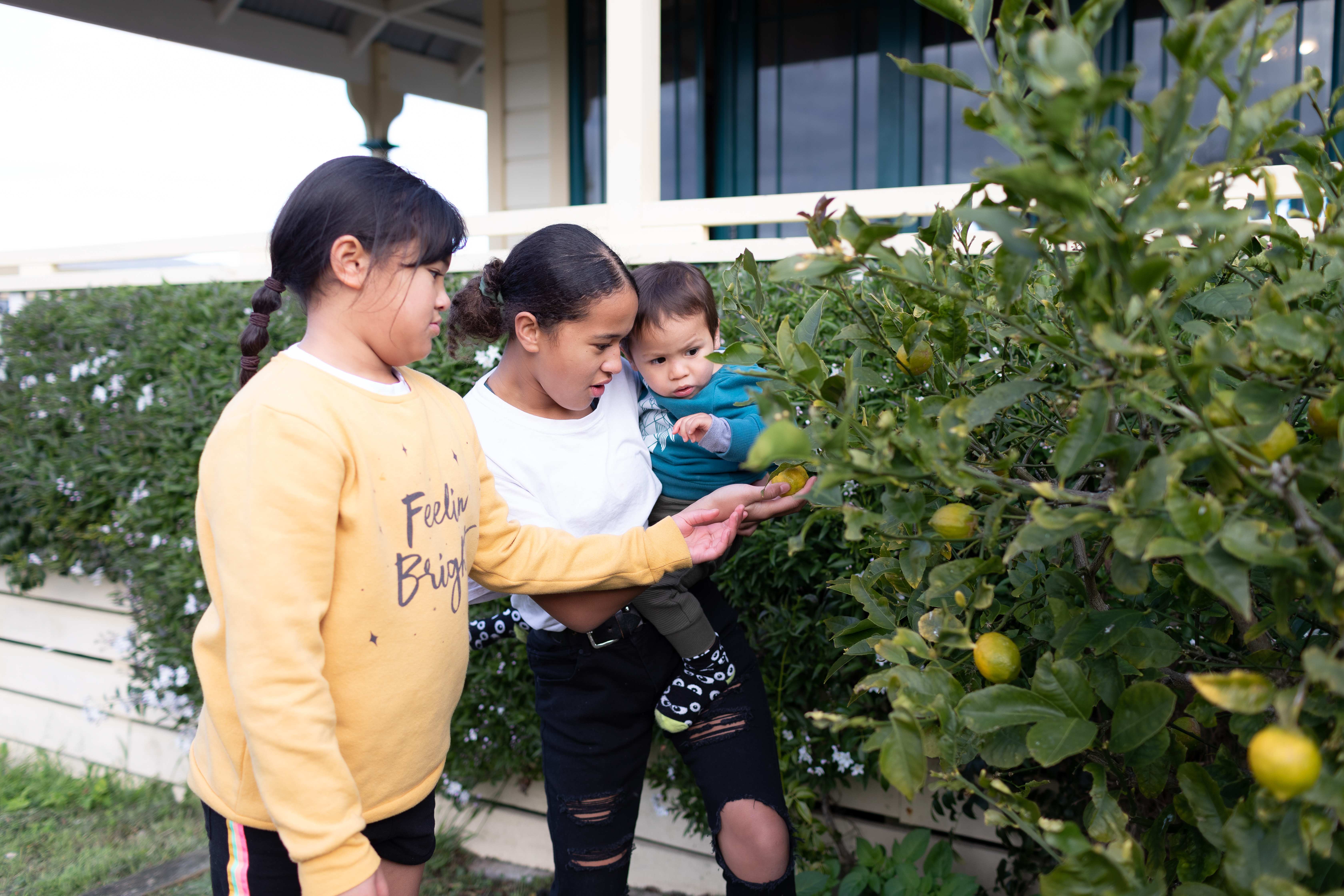Adopting a child from overseas
If you want to adopt, you can consider adopting an orphaned or abandoned tamaiti from overseas. We work with a number of other agencies to help people through the process of intercountry adoption.

Things to consider
Adopting an overseas tamaiti is usually more complex than adopting a tamaiti at home. Children adopted from overseas are usually older, and may have been emotionally affected by difficult experiences. There are cultural considerations as well — a child may not speak English and you’ll need to maintain a connection to their native heritage. Though not required, it helps if you have cultural links to the country you want to adopt from.
You’ll also need to consider that the process can be expensive and take a long time, your choice of countries is limited and there are often strict criteria for adopting whānau. However, each year there are some overseas tamariki matched with whānau in Aotearoa New Zealand.
Countries you can adopt from
Aotearoa New Zealand has intercountry adoption programmes with 6 countries through the Hague Convention:
- Chile
- Hong Kong
- India
- the Philippines
- Lithuania
- Thailand.
These countries are the only ones where New Zealanders can apply to adopt a tamaiti who is not related to them. Each country has its own requirements of adoptive parents and their own adoption process. We'll help you understand what's required and assist with collecting the extensive documentation you’ll need.
If you want to adopt an identified tamaiti from any overseas country, the tamaiti should be related to you. These adoption proposals are considered on a case-by-case basis. Contact our Adoption Service for advice.
Call: 0508 326 459
Which agencies are involved?
Intercountry adoption is a complex process and several government and accredited non-government agencies are likely to be involved.
You can decide whether you want to work directly with us or use an accredited agency which will liaise with us on your behalf. If you choose to use the services of an accredited agency, you’ll need to talk to them about their fees.
Adoption First Steps can carry out the adoptive applicants' assessment process so you can apply to be assessed to adopt from a specific country.
Visit the Adoption First Steps website
Intercountry Adoption New Zealand (ICANZ) and Compassion for Orphans (CFO) can help to place tamariki with whānau.
Visit the Intercountry Adoption New Zealand website
Visit the Compassion for Orphans website
We also work with Immigration New Zealand and the Department of Internal Affairs to complete intercountry adoptions.

Pathway to adoption
International adoptions don't happen quickly. Timeframes are unpredictable because requirements differ by country and each case is unique. We closely follow internationally recognised standards for intercountry adoptions, which are designed to provide safeguards for everyone involved.
First contact and information session
The best place to start is to contact one of our adoption social workers. They will answer any initial questions you have and tell you when the next group information session is in your area. At the session you’ll get an overview of the general adoption process and meet people who can answer your questions. You can also get an application form.
Talk to us on 0508 326 459 if you're thinking about adoption.
Applying to adopt overseas
Once you’ve decided you’d like to adopt, complete an application form, giving basic information about yourself. You specify which country you want to adopt a tamaiti from, as there are different requirements for each.
You’ll need to:
- provide the names of 2 referees
- provide your medical information from your doctor
- give permission for us to do a police check in Aotearoa New Zealand and check our care and protection database
- provide overseas police checks if you lived in other countries
- provide a psychological report if required
- provide financial details.
It's important that you have no history of criminal offences that might affect the safety of a tamaiti. You can ask your adoption social worker about any offences, health issues or other requirements that may affect your application.
Education and preparation programme
Once we've received your application, we’ll invite you to an adoption education and preparation programme. You’ll get in-depth information about intercountry adoption, and what it will mean to you and your family. This is also a chance for you to ask questions.
Assessment interviews
During the adoption process, you'll have a number of interviews with social workers. These help us learn about your home life and your background, so we can decide if you’re a suitable adoptive parent. It also builds a picture that helps a tamaiti to be matched with the best whānau for them.
Home Study Assessment Reports
If you’ve been assessed as suitable, your social worker will prepare a Home Study Assessment Report. This confirms your ability to care for a tamaiti adopted from the country you have chosen. This report is sent to us so we can decide whether to confirm your approval. It’s then sent to the adoption authorities in your chosen country, and they will consider if they want to accept your application.
Note that some countries have criteria for the types of parents that they'll consider for adoption, such as:
- age
- fertility status
- marital status and duration of marriage
- whānau composition including number of tamariki in the whānau
- religious requirements.
Matching you to a tamaiti
The adoption authorities in the country you've chosen will consider whether they have any tamariki who would benefit from what your whānau has to offer. They then send the profile of the tamaiti back to Aotearoa New Zealand for us to consider. We’ll make a decision to proceed, based on what's best for the tamaiti.
If there is a good match, your social worker will show you the profile of the tamaiti and discuss the next steps. The final decision to adopt will involve you, us, the overseas authority, and the tamaiti, if they're old enough to make that decision.
Meeting your adopted tamaiti
Your social worker will help you with what to expect and what you need to do when you meet your tamaiti, or if you're working with ICANZ or CFO, they will assist you through this process.
Bringing your tamaiti to Aotearoa New Zealand
The legal process for intercountry adoption differs in each country. Sometimes there can be a long wait before adoption is finalised and this can be a difficult time for whānau. Some countries require that you go through their courts, or that you attend meetings, before the adoption is concluded and you can bring your tamaiti home.
In all cases the adoption authorities in both countries need to confirm an intercountry adoption can proceed, and produce evidence that the adoption process conforms to the Hague Convention.

Costs of intercountry adoptions
We don’t charge fees to assess you and complete a home study. However, there are some costs which will or may include:
- translation of documents
- lawyer’s fees
- psychologist report, if required
- legalising and authenticating documents to meet international requirements
- travel costs including airfares and accommodation.
Your social worker can tell you more about costs, as they vary from country to country.
If you choose to use the services of a placement agency — ICANZ or CFO — you’ll need to talk to them about their fees.
After the adoption
Countries require post-adoption reports about the progress of your tamaiti. Your Oranga Tamariki, ICANZ or CFO social worker will meet with you to compile these reports. This is a chance to kōrero openly about any worries or ask any questions you have. If you’re having any difficulties, they can help direct you to the right professional support. You may also choose to join intercountry adoption support groups in Aotearoa New Zealand or online internationally.
Open and closed intercountry adoptions
An open adoption is where the tamaiti, their adoptive parents and their birth parents all know about each other. Because intercountry adoptions usually involve orphaned or abandoned tamariki, open adoptions are often not possible. However, many intercountry adoptive whānau do return to the country of origin of their tamaiti and some have been able to find extended whānau members.
Cultural identity
It's important that your adopted tamaiti knows about their cultural heritage and life history. You should freely discuss their country of origin and acknowledge their birth whānau. You may also be able to help your tamaiti maintain contact with people who are significant to them in their country of origin, if that's possible. This will help them define their past, and create a stronger sense of self.
Published: March 13, 2017 · Updated: August 18, 2023

